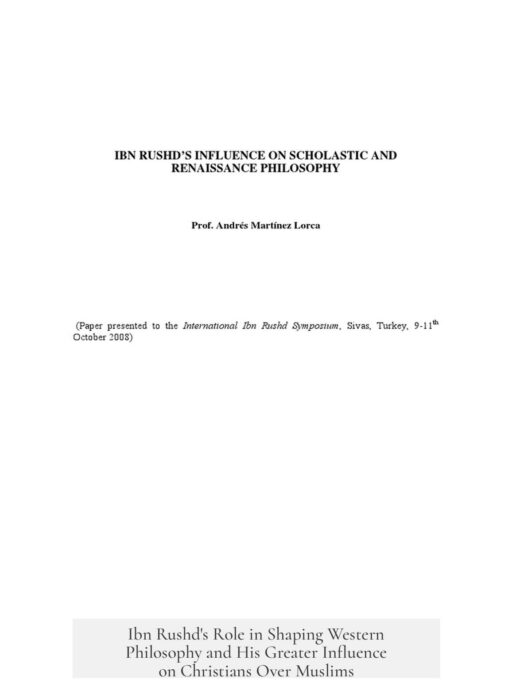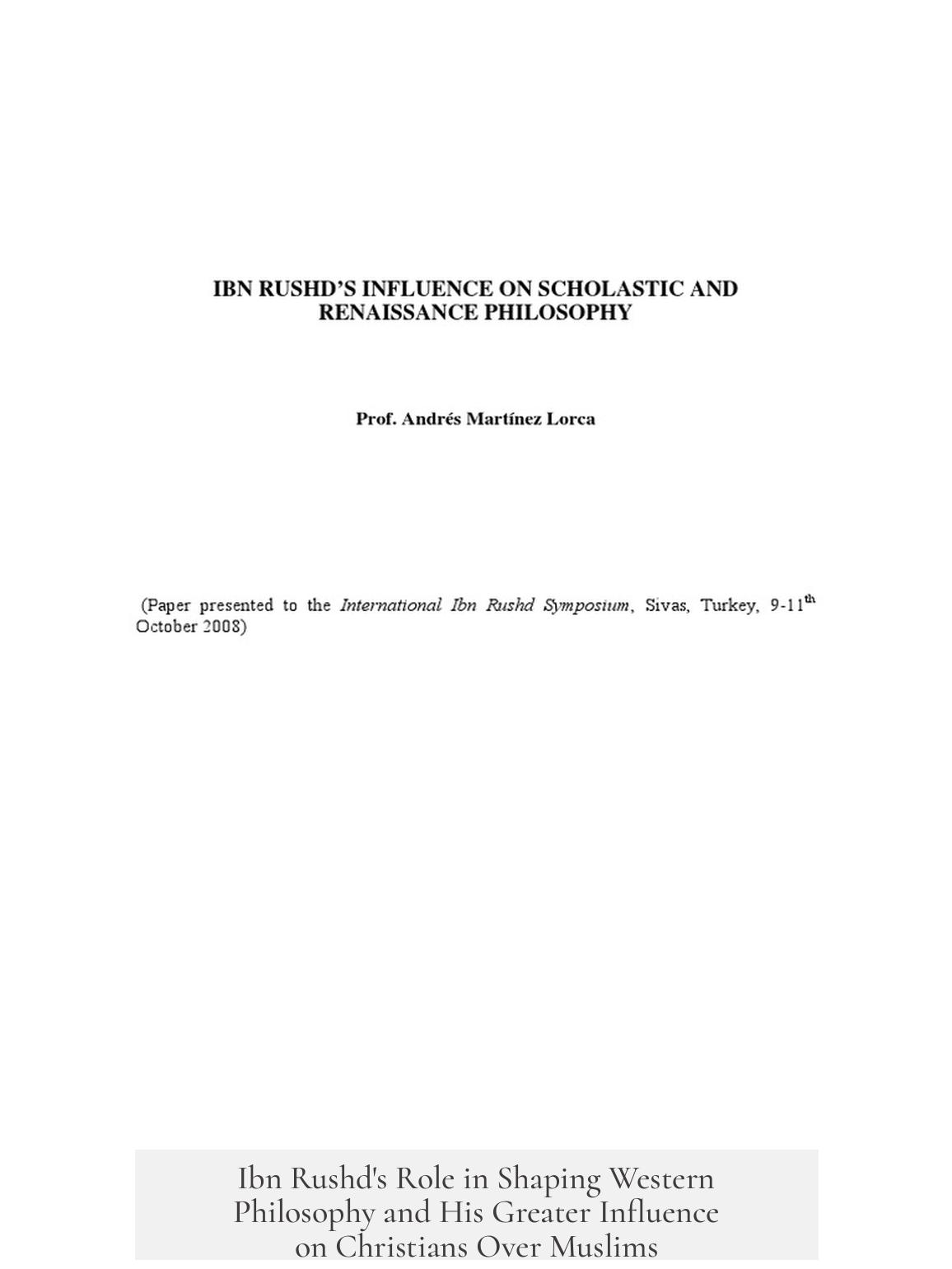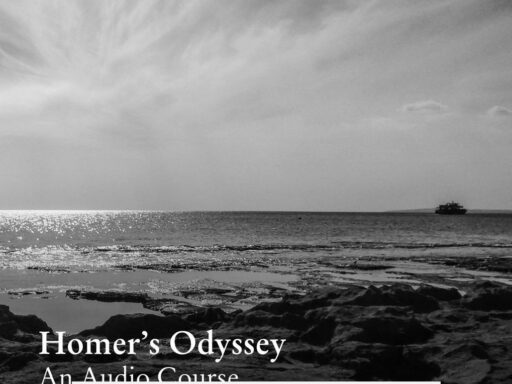Ibn Rushd (Averroes) plays a crucial role in Western philosophical thought, primarily by reviving and transmitting Aristotle’s works to the Christian West. His detailed commentaries helped reshape medieval European philosophy, leaving a lasting impact. He had more influence in the Christian world than in the Muslim world because Western scholars eagerly embraced Aristotle’s texts and Averroes’s interpretations amid a larger cultural movement to reclaim classical knowledge. In contrast, Muslim intellectual trends at the time favored other philosophers, limiting his influence there.
Living in Andalusia, Ibn Rushd authored his works within a diverse intellectual marketplace. Muslim, Christian, and Jewish scholars exchanged ideas, texts, and translations. This environment fostered extensive contact between Islamic and Christian traditions. Averroes wrote comprehensive commentaries on Aristotle, earning him the title “the Commentator.” Many of Aristotle’s works had been lost to the Latin West but survived in Arabic translations. Averroes’s writings revived Aristotle’s philosophy and clarified its meaning for new audiences.
Christian translators, especially in Iberia and Sicily, desperately sought Aristotle’s works to bolster the emerging university culture. These translators worked with Arabic texts, often employing Mozarabs, Jews, or converts proficient in Arabic. However, their translation process frequently altered or omitted Muslim commentators’ interpretations, attempting to restore what they saw as the “pure” Greek originals. For example, Michael Scot abbreviated Averroes’s commentaries on Aristotle’s Metaphysics, focusing mainly on the Aristotelian text itself.
This selective translation shaped Western reception of Averroes. His role was not simply as a philosopher but as a transmitter and interpreter of Aristotle for a Christian audience hungry to reconnect with classical antiquity. The West desired Aristotle more than his commentaries, yet Averroes’s explanations became a fundamental reference within scholastic philosophy. His works influenced prominent medieval thinkers, including Thomas Aquinas and other scholastics.
By contrast, in the Muslim world, Averroes was less central. At the time, Islamic scholars preferred Avicenna and other philosophers who integrated Aristotelian concepts differently or emphasized other traditions. Averroes’s strict Aristotelianism seemed somewhat outdated in the Islamic intellectual context. Additionally, his works did not spur the same extensive translation and commentary movement as in the West. Thus, while respected, Averroes never eclipsed other Muslim philosophers’ influence in his own culture.
These differences explain why Averroes had a greater impact on Western philosophy. Christian Europe’s geographic proximity and thirst for Aristotle made his commentaries a bridge to Greek philosophy, which shaped the development of medieval scholasticism and the Renaissance. In Muslim territories, intellectual priorities and tastes diverged, reducing his prominence. Western scholars tended to frame Averroes as the key authority on Aristotle, while Muslim scholars engaged more broadly with a variety of philosophical traditions.
Beyond philosophy, Averroes contributed as a jurist, physician, and linguist. Though best known for his Aristotelian commentaries, his intellectual breadth added to his significance. However, his lasting imprint on Western thought hinges mostly on his role in articulating and defending Aristotle within a medieval Christian framework.
| Aspect | Detail |
|---|---|
| Intellectual Context | Andalusian marketplace with interfaith scholarly exchanges |
| Major Contribution | Comprehensive commentaries on Aristotle’s works |
| Transmission to West | Latin translations via Iberia, facilitated by translators using Arabic texts |
| Western Reception | High impact, viewed as key Aristotelian authority in Christian Europe |
| Muslim World’s View | Less impact due to preference for Avicenna and other trends |
| Philosophical Role | Revived Aristotle’s place in medieval scholasticism |
- Ibn Rushd revived Aristotle’s philosophy for Western medieval thinkers.
- Christian translators actively sought Aristotle’s works in Arabic and relied on Averroes’s commentaries.
- Western scholars edited Muslim commentaries, focusing on authentic Greek texts, enhancing Averroes’s prominence.
- The Muslim world favored other philosophers, limiting Averroes’s influence in Islamic intellectual circles.
- Averroes’s broader roles as jurist and physician enriched his legacy but his philosophical impact is highest in the West.
How Important Was Ibn Rushd (Averroes) to Western Philosophy? And Why Did Christians Love Him More Than Muslims?
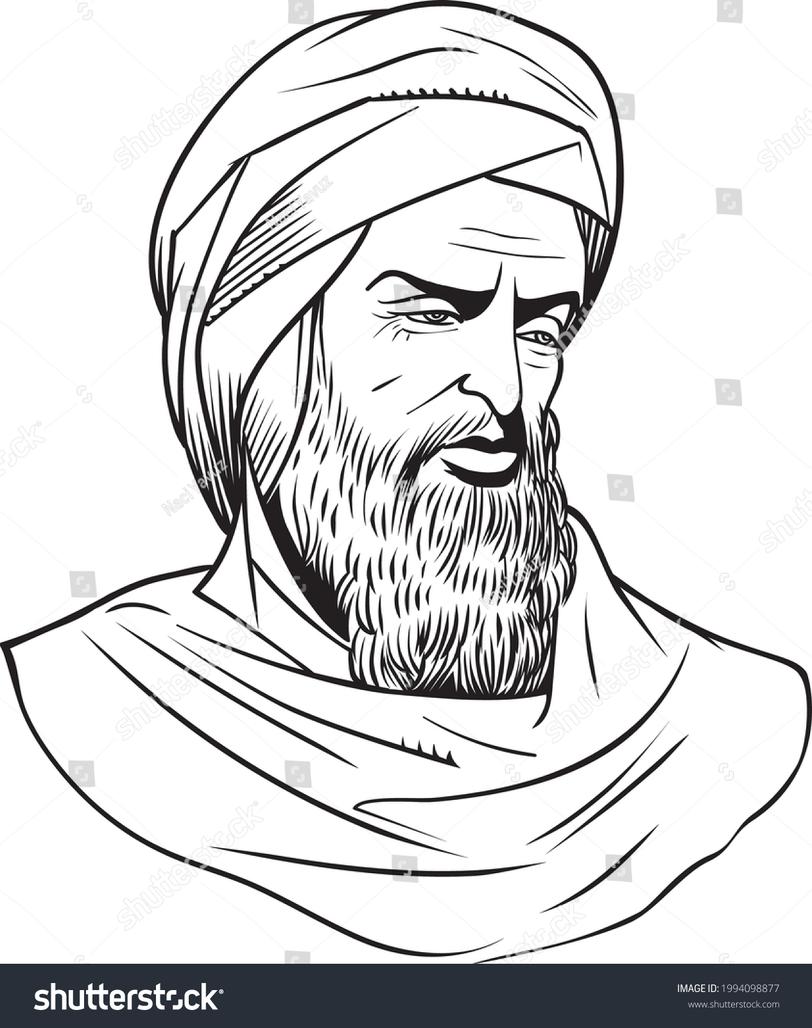
Simply put, Ibn Rushd—whom the Christian medieval world called Averroes—was absolutely essential to the revival and development of Western philosophical thought. Without his commentaries on Aristotle, Europe might have remained in philosophical darkness far longer. But here’s the twist: while the Christian West embraced him as a crucial intellectual bridge, the Muslim world barely gave him a standing ovation. Why the difference? Let’s unwrap this surprising story of cultural exchange, selective admiration, and intellectual priorities.
The story starts in the rich, bustling intellectual marketplace of medieval Andalusia, where Ibn Rushd lives and works.
Medieval Spain was an extraordinary melting pot where Muslims, Christians, and Jews traded ideas—and manuscripts. Scholars of all faiths wrote, translated, commented, and debated works on philosophy, science, and yes, even some magic. Ibn Rushd belongs right here—a towering thinker surrounded by diverse traditions.
But being a philosopher wasn’t just about writing your own insights. Back then, translators and commentators had enormous power. They didn’t just copy texts; they edited, reshaped, and reframed them—sometimes adding their own thoughts or cutting vital parts. This wasn’t cheating; it was the way knowledge evolved. Ibn Rushd excelled at this art.
The Aristotelian Renaissance: Averroes as “The Commentator”
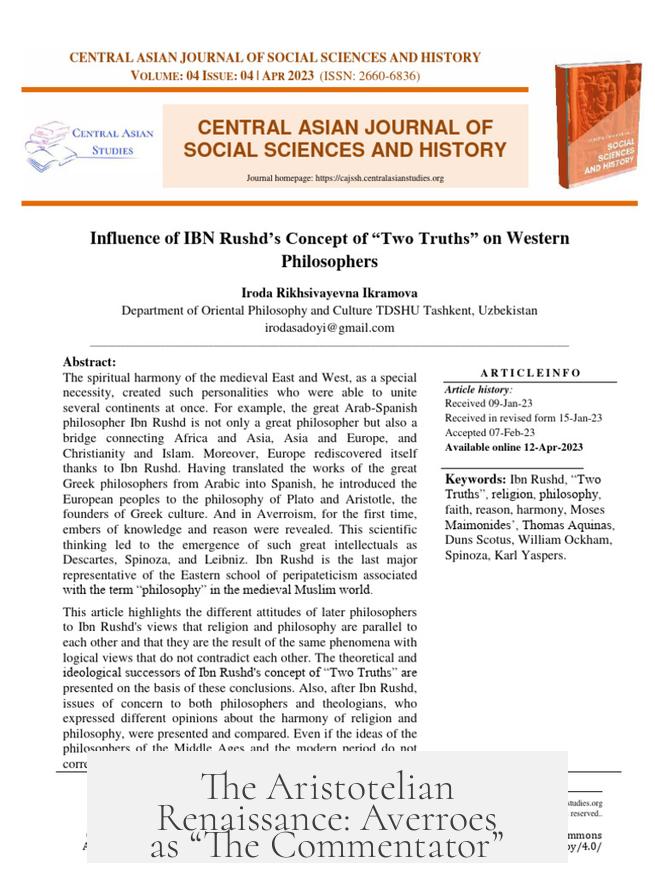
One of Ibn Rushd’s signature roles was as the grand commentator on Aristotle. You see, much of Aristotle’s legacy had faded in Western Christian Europe for centuries. His works survived, but mainly in Arabic translations and commentaries in the Islamic world. Ibn Rushd’s detailed critiques and explanations helped unlock Aristotle’s ideas for new audiences.
Though he focused heavily on Aristotle—a choice seen as somewhat old-fashioned compared to more fashionable contemporaries like Avicenna—his geographical and cultural position bridged the gap perfectly to Christian Europe. Christian scholars were ravenous for Aristotle but lacked direct access to his writings.
This interplay made Ibn Rushd’s contributions indispensable. His commentaries became key texts for Christian scholars eager to recover “authentic” Greek philosophy. His role wasn’t just that of a philosopher; he functioned as a translator of sorts—translating Aristotle not into another language but into intellectual frameworks accessible to different audiences.
Why Did Ibn Rushd Have a Bigger Impact in the Christian West?
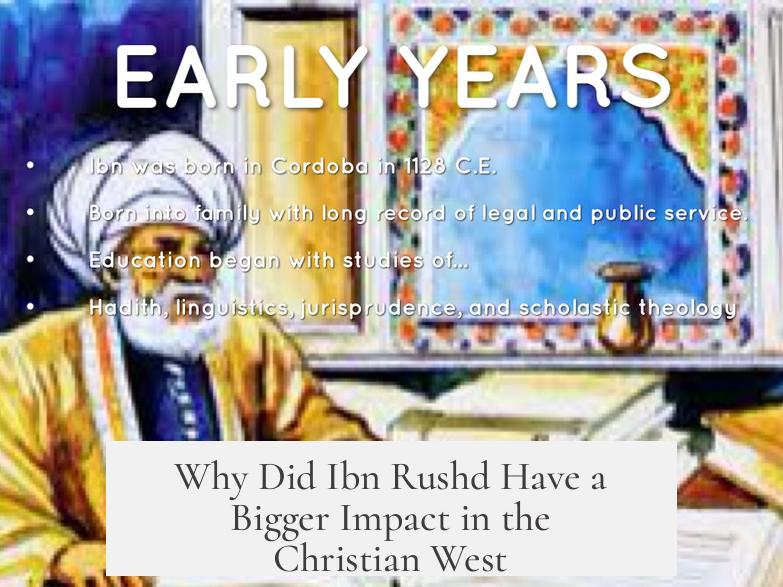
Here’s a paradox. Muslim philosophers considered Ibn Rushd somewhat outdated because he remained loyal to Aristotle, while Avicenna’s ideas had become more prominent in Islamic circles. That meant Ibn Rushd’s work was influential, yet not groundbreaking in his own cultural context. Meanwhile, across the border, Christian translators and scholars celebrated him because he essentially resurrected Aristotle’s works in a usable form.
The Christian world’s scholars didn’t stop at mere translation. They often selectively edited Ibn Rushd’s texts to suit their philosophical and theological agendas. Sometimes they omitted large parts of his commentaries to favor the “pure” Greek sources. For example, Michael Scot, a prominent translator, cut significant chunks of Averroes’s work on Aristotle’s Metaphysics, maintaining only what aligned with Christian perspectives.
This selective transmission shows the complicated relationship between the Christian world and Islamic philosophy. They appreciated Ibn Rushd for what he offered: a gateway to Aristotle—but were cautious about accepting all his ideas wholesale. In essence, Christian intellectuals wanted Aristotle back but filtered through their own lenses, often sidelining the Muslim commentators who provided those insights.
Different Priorities, Different Reception
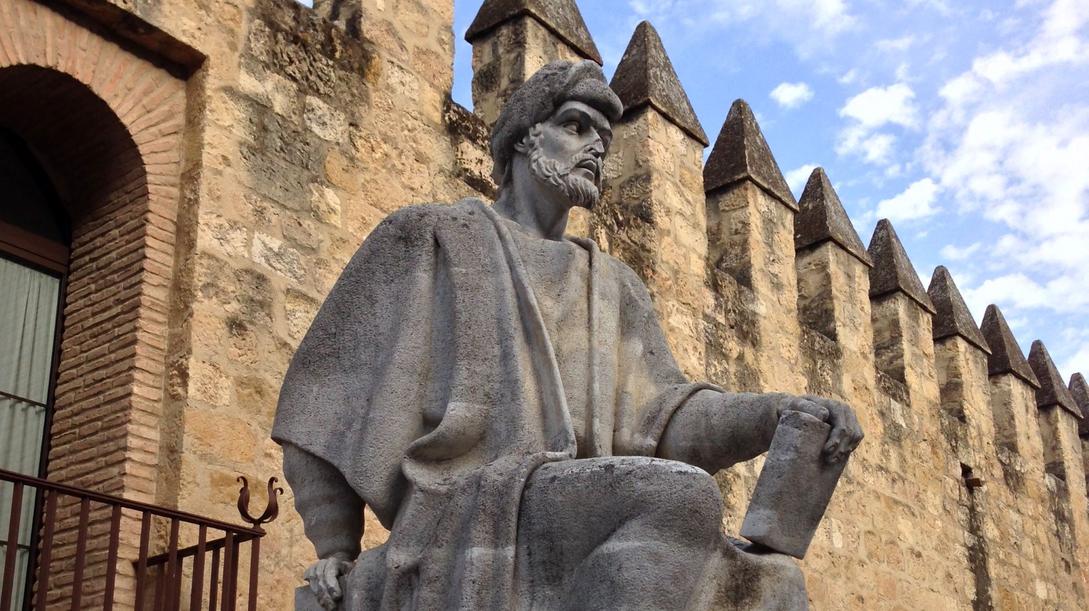
In the Muslim world, philosophical priorities had shifted. Avicenna’s synthesis of Aristotelian philosophy and Islamic theology had become the center of intellectual life. Ibn Rushd’s strict focus on Aristotle felt behind the times to many. Add to that the dominance of religious scholars who prioritized readings of the Qur’an and Islamic law over Greek philosophy, and it makes sense why Averroes’s philosophical innovations got less traction.
Conversely, Christian Europe experienced a thirst for ancient knowledge as it blossomed into the university age. They needed Aristotle—and Ibn Rushd was their *ticket*. The fervor to reclaim classical wisdom gave Ibn Rushd’s commentaries a second life in a distinct cultural ecosystem. Medieval Europe owes much of its intellectual awakening to this revival of Aristotelian thought facilitated by Averroes.
Averroes Was More Than a Philosopher
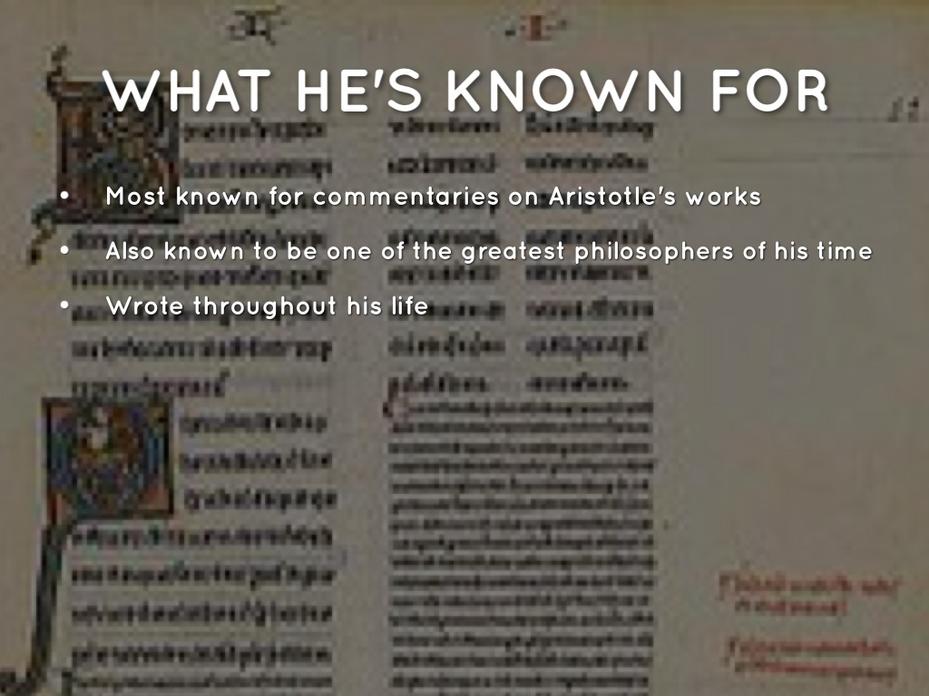
Let’s not forget that Ibn Rushd was not JUST the great Aristotelian commentator. He was also a accomplished judge, linguist, and physician. His versatile intellect showed a multifaceted genius, which should remind us that labeling him merely a “philosopher” undersells his impact.
Still, the West embraced him primarily for the Aristotelian legacy he helped preserve and transmit. Ironically, his broader roles did not fuel his fame outside the Muslim world as much. The Christian intellectual tradition focused on the philosophy piece—especially Aristotle’s rediscovery—because it fit their cultural narratives and academic needs.
Lessons from Ibn Rushd’s Cross-Cultural Legacy
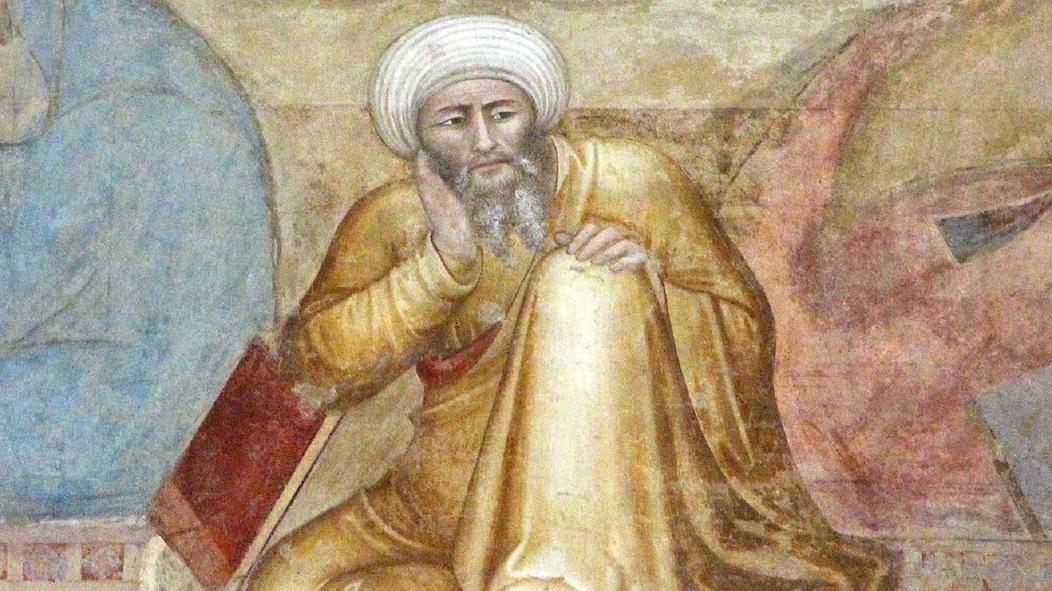
What can we learn from this fascinating case of Ibn Rushd’s mixed reception? First, intellectual history is rarely linear or purely merit-based. The reception of ideas depends on shifting priorities, political agendas, and cultural filters. Ibn Rushd’s greater impact in the Christian world underlines how important context is in shaping a thinker’s legacy.
Second, it also shines a light on how “translation” is never neutral. The Christian translators of the Middle Ages were not passive conveyors of ideas. They actively shaped what the West absorbed from the Islamic world—sometimes editing out what did not align with their worldview.
Lastly, recognizing Ibn Rushd’s role reminds us of the rich exchanges between Muslim and Christian intellectual traditions. Medieval Spain, as a hub of this activity, offers a powerful example of how cultures intertwine and influence each other in complex ways.
Practical Takeaway: Why Should We Care Today?
- Understand Cultural Mediation: Ideas often cross borders through translators and commentators who decide what’s worth sharing. Awareness of these “filters” helps us critically assess intellectual history.
- Value Intellectual Diversity: Ibn Rushd’s mixed legacy warns us not to overlook thinkers just because their fame is uneven in different cultures.
- Foster Cross-Cultural Dialogues: The story of Averroes encourages modern scholars and readers to seek knowledge beyond cultural or religious boundaries.
So next time you marvel at the history of Western philosophy, give a nod to Ibn Rushd—a pivotal figure whose sharp mind helped bridge worlds. And maybe, just maybe, appreciate how intellectual legacies are built not only by original thinkers but also by those who faithfully translate, preserve, and transform ideas across time and culture.
